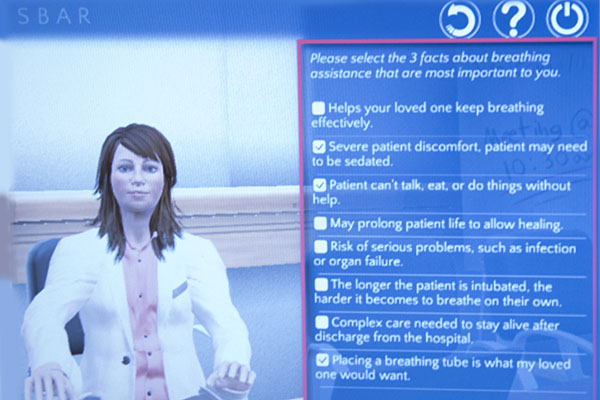Gaming’s bad rep is on its way out! If you log three hours a week playing video games — said to be an amateur amount by some accounts — you could actually be improving skills that will be useful in numerous health care positions. As using games and virtual reality (VR) to improve patient care and empower patients gains popularity, the field is seeking more health care providers with an interest in technology — and a love for video games!

Ready player one
According to a 2007 study at Beth Israel Deacon Medical Center, through playing video games “surgical residents and medical students…actually did better on simulators that provided training for laparoscopic surgery.” How much better, you ask? About 42% better than surgeons who never play video games. And the benefit does not stop there. The gamer groups were also 27% faster and had 37% fewer errors — a major increase that would give any patient more confidence in their surgeon.
The creator of Pong could never have predicted his game would eventually revolutionize at-home entertainment and the health community, but it is indeed having that effect. One of the top benefits of playing video games is better hand-eye coordination as the practice is sort of like brain training. In fact, playing increases cortical thickness in two brain areas: the left dorsolateral prefrontal cortex (DLPFC) and the left frontal eye field (FEF).
Virtual reality builds a better reality
VR technology is becoming more accessible and affordable (Google Cardboard costs about $15), so hospitals and schools both have been able to experiment with its usage.
According to CNN, doctors at Nicklaus Children’s Hospital in Miami used the device to map out an operation on a patient. Teegan Lexcen, the patient in this story, was born without one of her lungs and missing half of her heart. Teegan’s parents found doctors who were willing to try something different. After sketching her heart to strategize the surgery, an app in Google Cardboard brought it to virtual reality. The cardiovascular surgeons were able to save Teegan and found a new way to assist their patients.
Medical facilities are also using VR to focus on rehabilitation and patient care. MedVR, a program sponsored by the U.S. Army, assists patients with growing and healing after trauma. The VR programs help those with PTSD and amputees, allowing doctors to evaluate neurocognitive functioning. Overall, these systems “are improving the patient and provider experience through dynamic virtual reality environments.”
Nursing’s going electronic
Nurses promote health, prevent disease and help patients cope with illness. One way to help patients cope is to educate them on their illnesses and provide them with the self management skills that can help them live pain-free lives. A program called eSMART was developed to show patients how to better communicate with their health care providers. eSMART, and other programs like it, help patients and caregivers feel empowered to negotiate with their health care providers, which can be a touch challenge for those from medically and socially disenfranchised groups.

The game has been sponsored by the National Institute of Nursing Research (NINR) in order to give virtual support to those suffering chronic illnesses and their caregivers. It also includes a reminder for those using it for when they should be taking their medication and asks them if they are keeping themselves sufficiently hydrated. One program creates an avatar that helps the user make crucial decisions with how they want to be taken care of when entering different environments. They can face how they will talk to a pharmacist when running low on medication and are unsure what to do. It gives the patients the experience they need to feel comfortable and confident when entering a medical setting.
As technology continues to make advances, the many ways that health care providers leverage it to benefit patients will expand as well. If you’re a gamer or interested in technology, a health care career could be the perfect way to combine your interests while making a difference.
